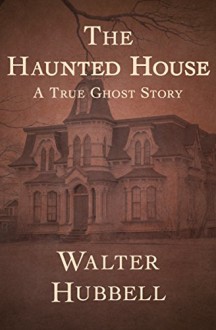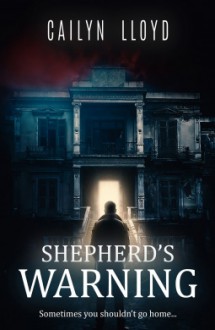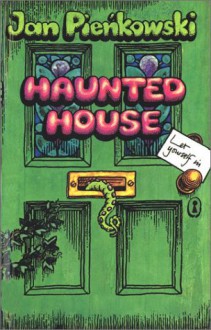
Walter Hubbell, the author of this curiosity, was apparently an actor with a strong interest in the paranormal, like many others in the late 19th century. The transcription I read (on Kindle) is from the "Daily News" Steam Publishing Office, Saint John, N.B., 1879, and since it is about events that took place (or ostensibly took place) in Amherst, N.S. shortly before, it falls into the Canadiana bucket, though written by an American.
How firmly it also falls into the "fiction" column depends largely on how much the reader is disposed to give any credit to Hubbell as a believer in the phenomena he describes, with his rather flat style of reportage. Myself, I find only one thing more incredible than the rolling furniture, flying matches and knives, conversation by mysterious thumps, and spontaneous fires, and that's the report here of other people's reactions to the phenomena, which appears to have been in some cases joking and complete lack of worry about physical harm. There exists a fairly lengthy article in the Proceedings of the American Society for Psychic Research (13: 89-130; 1919, Walter Franklin Pierce) examining the merits of the case from a distance of forty years. One of the its most interesting observations, in my view, is that none of the many witnesses cited by Hubbell are independently verified; even the newspaper accounts of the time appear to have got their citations from Hubbell rather than the friends and neighbours. In other words, it seems entirely likely that Hubbell, if he didn't create the narrative, shaped it to his liking. There was indeed a real Esther Cox in Amherst, and it does appear she had a reputation that was linked with strange happenings and fires (in fact, she ended up in jail for a month or two for arson).
I found it interesting that Esther's various ailments and inflictions in the narrative are directly linked by Hubbell to an incident where she was held at gunpoint in a wooded area, and though Victorian decency obscures the narrative it's pretty clear she was either raped (by a man named Bob) or was just spared that fate because her attacker was spooked by a passer-by. In any case, it's interesting to see her trauma so clearly set out as a precursor - Hubbell does not call it a cause, but he does take some pains to tell the story - to her paranormal afflictions. The principal ghost was even dubbed "Bob" by Esther and her family. It seems likely there were some inexplicable symptoms of poor Esther's trauma, that there was gossip, and that Hubbell, a self-appointed investigator, visited the family for a month as he says he did. After that - well, he sold 55,000 copies of his book to a credulous Canadian and American public (the book also had an American publisher).
I end up placing this work in the same category as "ghost-hunters" TV programs - or indeed, professional wrestling. In other words, believe it (or pretend to) if it amuses you, but there's little to no doubt it's all just so much bunk, and in this case not executed with a great deal of skill. It's fiction, but by no means deserves to be called a novel.
Poor Esther Cox. I hope she did in fact recover in a new environment, as Hubbell claims, after her fifteen minutes of celebrity (including the tour of speaking engagements he dragged her on) were over.
Here, as an appendix to my comments, is Mr. Hubbell's account of what another Esther-observer (and likely a rival, if you believe them both to be in the business of capitalizing on her) had to say about her. It reflects the fascination of the time with the newly-discovered properties of electricity. Hubbell says this about Dr. Edwin Clay, Baptist minister:
He, however, was of the opinion that through the shock her system had received the night she went riding, she had become in some mysterious manner an electric battery. His theory being, that invisible flashes of lightning left her person, and that the knocks which everybody could hear distinctly, were simply minute claps of thunder. He lectured on this theory, and drew large audiences as he always does, no matter what the subject is. Perfectly satisfied that the manifestations are genuine, he has nobly defended Esther Cox from the platform and the pulpit.

 4 Stars
4 Stars
 Log in with Facebook
Log in with Facebook 











